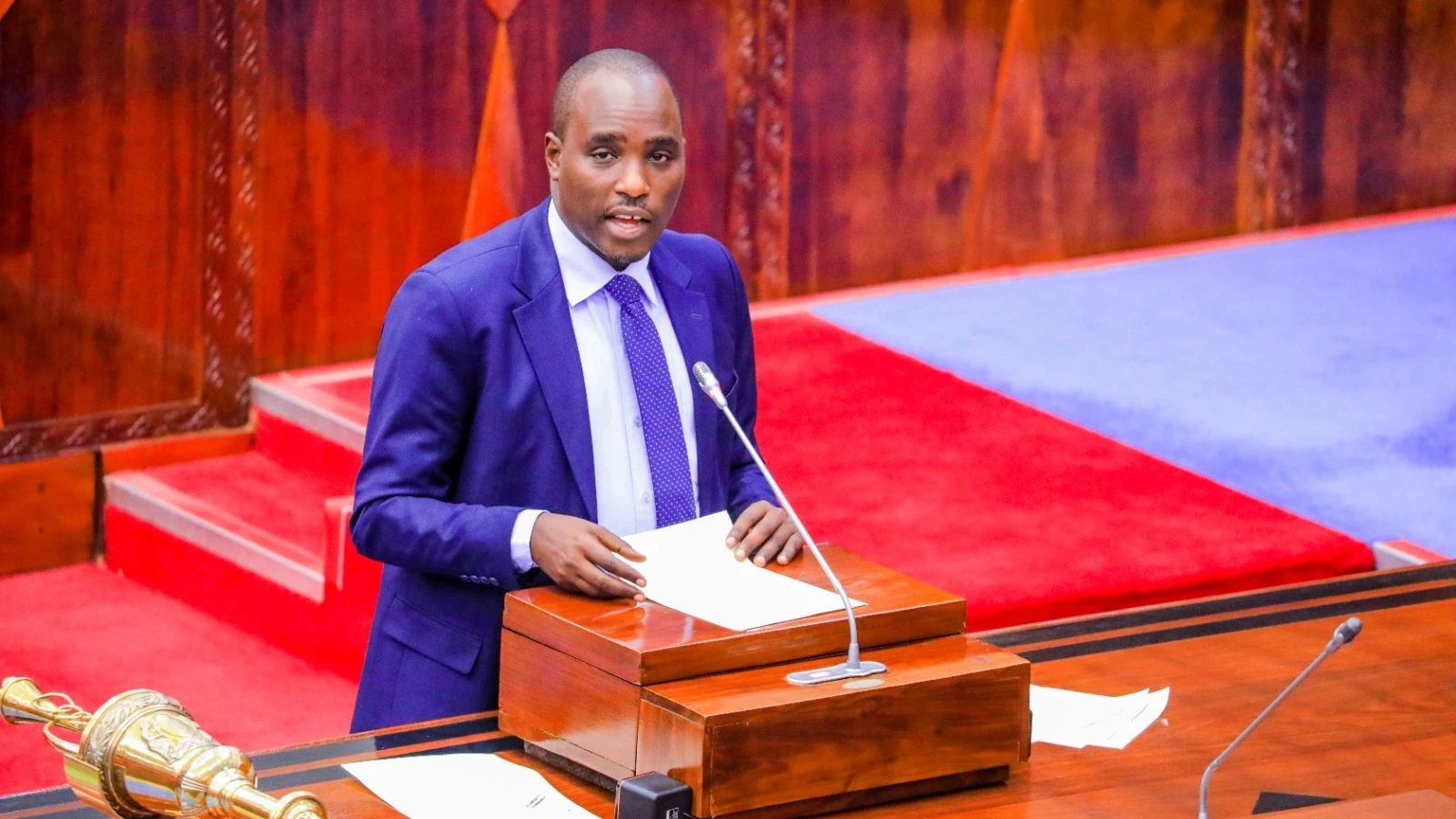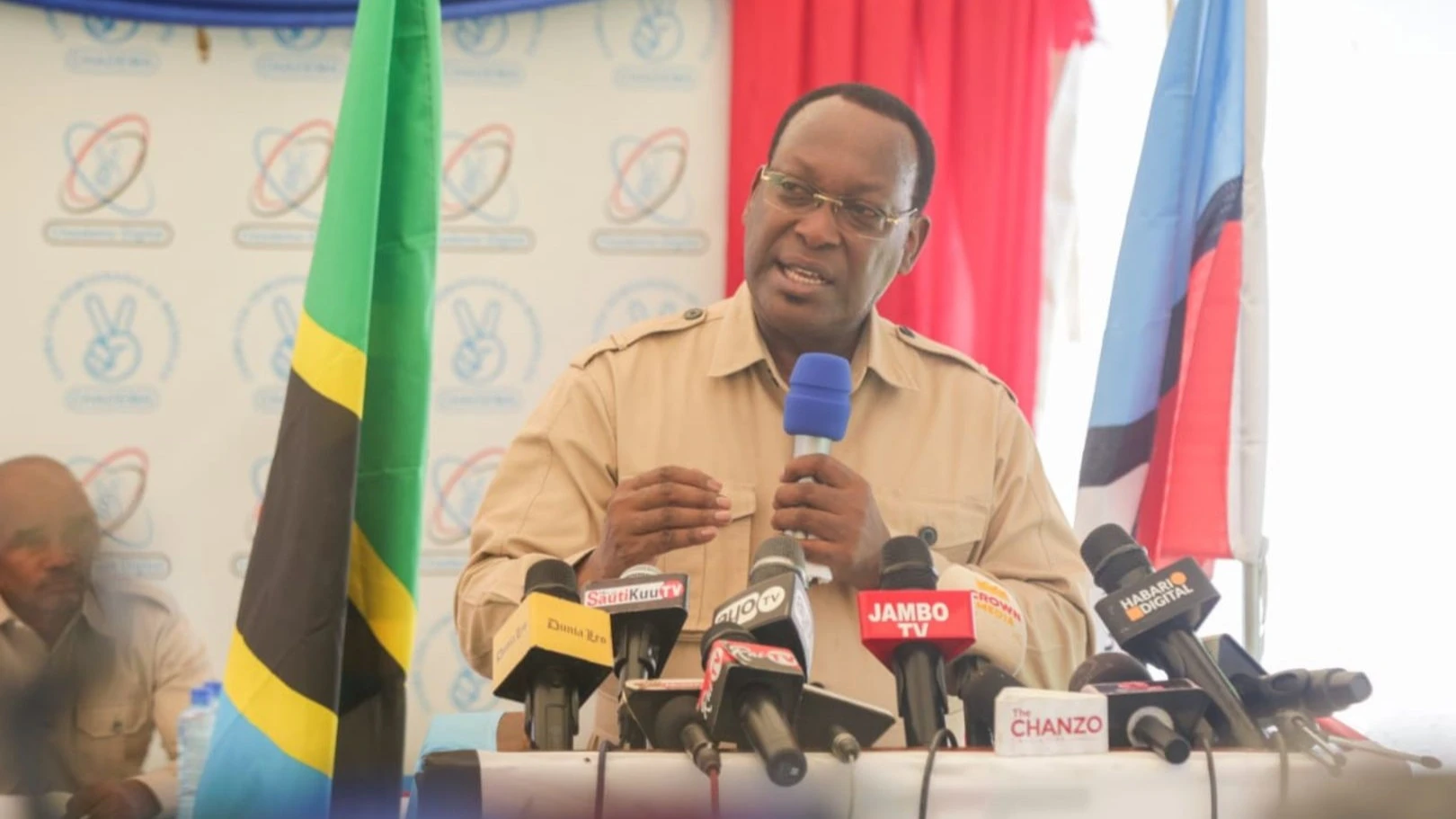Western regions to be linked into national grid next FY, says Biteko

THE connection of Katavi, Rukwa and Kigoma regions into the national main grid is among the key priorities of the Energy ministry in its next 2024/25 budget.
The three regions and some parts of Lindi and Mtwara regions will be the most focused areas in consideration since the independence not connected to the main grid and ministry is set to bridge the gap starting with the next financial year.
Deputy Prime Minister Dr Doto Biteko told parliamentarians yesterday at the launch of the energy sector week that the ministry will in the coming budget allocate specific funds for getting the plan done.
He said construction of new power transmission lines are expected to commence in the coming budget.
“For Katavi the power transmission line will be constructed from Ipole-Mlele to Mpanda. For Kigoma the transmission will be connected from Nyakanazi and on the other side from Tabora to Kidawe that links to the Rukwa region,” said Dr Biteko.
Dr Biteko who also doubles as the Minister for Energy said the 5 megawatt solar power project in Kigoma region has been expanded to generate 20 megawatts.
He said another 400 kilovolt transmission line from Ibadakuli to Mbalala Uganda will be constructed covering 610 kilometers. It will improve the Tanga-Pemba line and the 132 kilovolt line from Dar es Salaam to Unguja will be expanded to 220 kilovolt.
He claimed that Kenya, Uganda and Zambia have shown interest in being supplied with natural gas to process for industrial and domestic consumption.
According to him, the Tanzania Petroleum Development Corporation (TPDC) and its partners have secured a license to conduct natural gas exploration at the onshore Ntorya gas field in Mtwara region.
The DPM commended the Tanzania Electric Supply Company (TANESCO) for actively timely offering emergency services as many electricity poles in rural areas have been affected.
He directed the Tanzania Geothermal Development Company Limited (TGDC) to fast track implementation of the Ngozi exploration project in Mbeya region.
Dr Biteko said that with ongoing electricity generation projects including the Julius Nyerere Hydro-Power Project (JNHPP) the country will have more extra power to serve for new established industries.
“Pwani region alone has registered new 37 factories whereas one factory requires more electricity than that can light a region;
For instance, Mwadui Mine alone requires 30 megawatts while the whole Shinyanga region requires 25 megawatts a day,” said Dr Biteko.
Francis Ndulane, member of the Public Investment Committee (PIC) said that the committee would like to see the ministry fast tracking the rehabilitation of electricity transmission infrastructures especially in Mchinga, Ngongo, Matandu and Somanga in Lindi and Mtwara regions to contain power outages.
“To avoid routine maintenance, I would like to ask TANESCO to use concrete poles in areas that are prone to rainwater,” said Ndulane.
Simon Songe, member of the Public Accounts Committee (PAC) was of the view that there should be a long term plan for production of sufficient power for future consumption.
For instance, he said that the JNHPP with 2,115 megawatts can be fully utilized in the next 15 years as annual growth in electricity megawatts stands at 150 megawatts.
“We need to come up with more new electricity generation sources,” said Songe.
Top Headlines
© 2024 IPPMEDIA.COM. ALL RIGHTS RESERVED






















